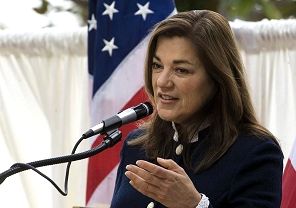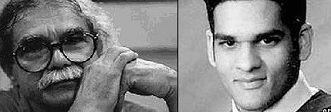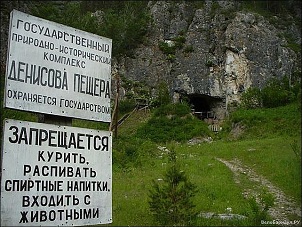Israel Prepares Major Offensive against Gaza: Hopes of Gaza Cast in Lead
Richard Falk
Global Research
Israel is gearing up for another major offensive into Gaza, yet the world community still remains bafflingly silent.
It is dismaying that during this dark anniversary period two years after the launch of the deadly attacks on the people of Gaza - code-named Operation Cast Lead by the Israelis - that there should be warnings of a new massive attack on the beleaguered people of Gaza.
The influential Israeli journalist, Ron Ren-Yishai, writes on December 29, 2010, of the likely prospect of a new major IDF attack, quoting senior Israeli military officers as saying "It's not a question of if, but rather of when," a view that that is shared, according to Ren-Yishai, by "government ministers, Knesset members and municipal heads in the Gaza region".
The bloody-minded Israeli Chief of Staff, Lt. General Gabi Ashkenazi, reinforces this expectation by his recent assertion that, "as long as Gilad Shalit is still in captivity, the mission is not complete". He adds with unconscious irony, "we have not lost our right of self-defence".
More accurate would be the assertion, "we have not given up our right to wage aggressive war or to commit crimes against humanity".
And what of the more than 10,000 Palestinians, including children under the age of 10, being held in Israeli prisons throughout occupied Palestine?






























